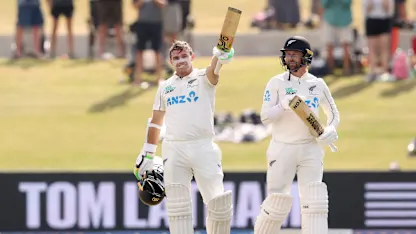News
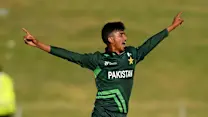
ICC Under-19 Cricket World Cup, 2026
Pakistan unveil squad for U19 World Cup 2026
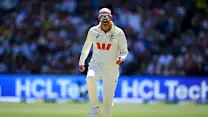
ICC World Test Championship
Nathan Lyon moves to second on Australia's Test wicket list
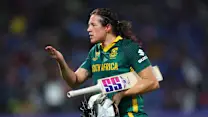
News
Brits wants to help South Africa to World Cup title in 2029
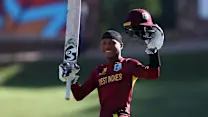
ICC Under-19 Cricket World Cup, 2026
West Indies name squad for U19 World Cup 2026
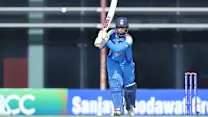
ICC Under-19 Cricket World Cup, 2026
U19 Asia Cup offers clues ahead of U19 World Cup
Editor's Picks
ICC World Test Championship
Anderson weighs in on England's tactics at the AshesICC Women's Emerging Nations Trophy, 2025
ICC Women’s Emerging Nations Trophy Day 5 wrapICC World Test Championship
Bavuma in awe of South Africa's 'massive' feat in IndiaICC World Test Championship
ICC World Test Championship 2025-27: State of Play
